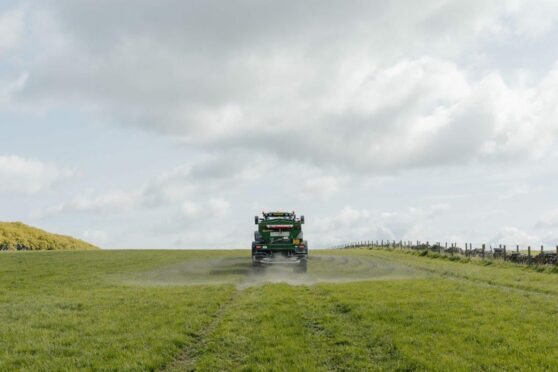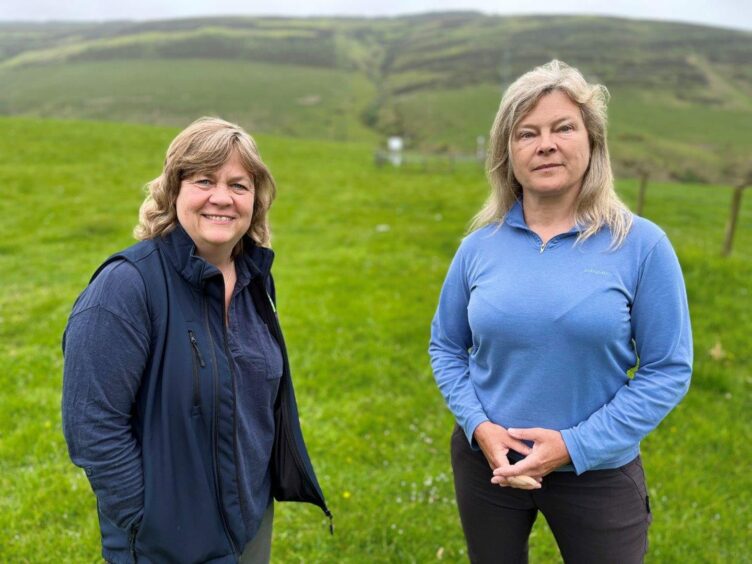A remote Scottish hill farm in Aberdeenshire has become home to a new innovation hub to be used as a test bed for climate and nature solutions by farmers and land managers.
The Climate Innovation Hub has been set up at The James Hutton Institute’s 1,000 hectare Glensaugh research farm near Laurencekirk.
Through the hub, technology developers will have access to the institute’s farm, including offices, conference facilities and laboratories to help them develop and test novel concepts and tools, from new smart sensors to recycling farm waste.
The hub, funded by the Macaulay Development Trust, has already welcomed its first tenant, carbon capture start-up UNDO.
The firm is trialling a technology that aims to both enrich soil and help sequester large volumes of carbon dioxide, by spreading crushed basalt rock onto agricultural land.
Antonia Boyce, climate innovation hub manager said reducing emissions in the farming and wider land management sector is a real challenge across Scotland.
“Agriculture is responsible for about 19% of our emissions and it’s essential that we enable innovation to tackle the problem,” said Ms Boyce.
“But it’s not easy for innovators to test their ideas or collaborate with others working in the same space, so we’re inviting companies or individuals with great ideas they want to test out to get in touch.
“With the Centre for Smart Natural Capital also being hosted here, it will possibly also be the smartest hill farm in the UK. We aim to deploy a growing variety of both mainstream and emerging intelligent wireless communications technologies to support farm and estate-wide remote sensor deployments.”
Jez Wardman, agronomist at UNDO said to demonstrate the agronomic co-benefits of enhanced rock weathering, the company needs to collect and process vast amounts of data on soil and crop health.
The Climate Innovation Hub is the latest project to come out of the Hutton’s Climate-Positive Farming Initiative at the Glensaugh.
Other projects include HydroGlen, which will see this farming community become energy self-sufficient using renewable energy and green hydrogen.
The initiative also includes woodland planting, peatland restoration, natural flood management, managing farmland for multiple benefits and more.
Professor Alison Hester, who leads the Hutton’s Climate-Positive Farming Initiative, said: “This is an exciting new addition to our growing portfolio of activities within the Climate-Positive Farming Initiative. It will facilitate ground-breaking innovations and we are looking forward to hosting and supporting these new ventures.”

